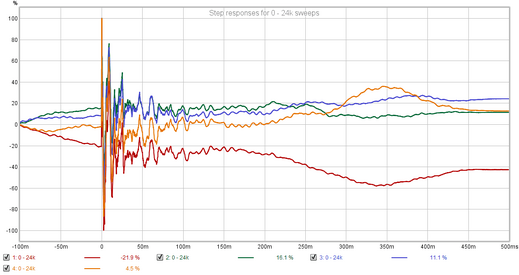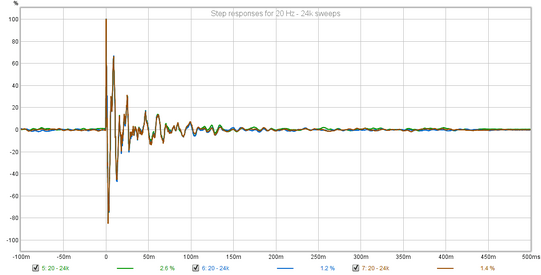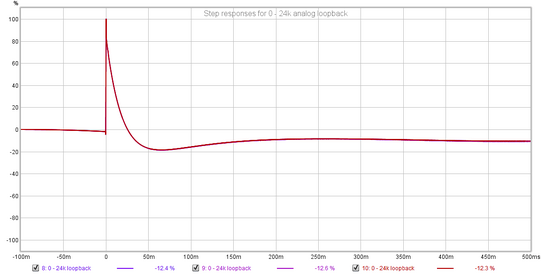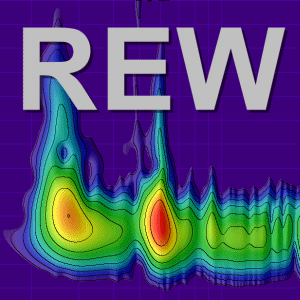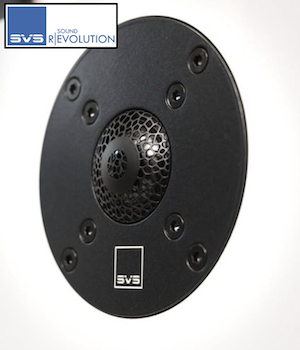Mitchco
Member
Thread Starter
- Joined
- Oct 1, 2017
- Posts
- 87
I often take loopback measurements to validate FIR filter designs. I feed REW's output signal through JRIver's ASIO input, through JRiver's convolution engine containing FIR correction filters, DAC, analog outputs to inputs to amps, speakers, measurement mic, mic pre, ADC and REW input. The Lynx Hilo converter I use has a consistent delay, the USB driver allows one to configure buffer size. JRiver also has a couple of adjustable buffer settings, along with the 750ms FIR filter delay. The USB driver is ASIO multi-client application friendly, so there are no other audio devices involved.
Every so often, I get a funny timing response (i.e. step response) where one channel looks like it should, but the other channel sometimes varies in amplitude like this:

I have measured the same speakers before with near identical step response and then sometimes it measures like above. Repeating the measurement produces more variability in the responses. Also not sure why they are not starting at 0 amplitude at t=0 either...
Recently I tried using http://www.roomeqwizard.com/betahelp/help_en-GB/html/makingmeasurements.html#fileplayback which worked, but produced similar results to above. It seems some days measures as it should in both channels, and other days similar to the above. Note I don't see any other real differences between channels looking at the other REW graphs... The frequency response is nearly identical between channels.
Any assistance appreciated.
Cheers,
Mitch
Every so often, I get a funny timing response (i.e. step response) where one channel looks like it should, but the other channel sometimes varies in amplitude like this:
I have measured the same speakers before with near identical step response and then sometimes it measures like above. Repeating the measurement produces more variability in the responses. Also not sure why they are not starting at 0 amplitude at t=0 either...
Recently I tried using http://www.roomeqwizard.com/betahelp/help_en-GB/html/makingmeasurements.html#fileplayback which worked, but produced similar results to above. It seems some days measures as it should in both channels, and other days similar to the above. Note I don't see any other real differences between channels looking at the other REW graphs... The frequency response is nearly identical between channels.
Any assistance appreciated.
Cheers,
Mitch








